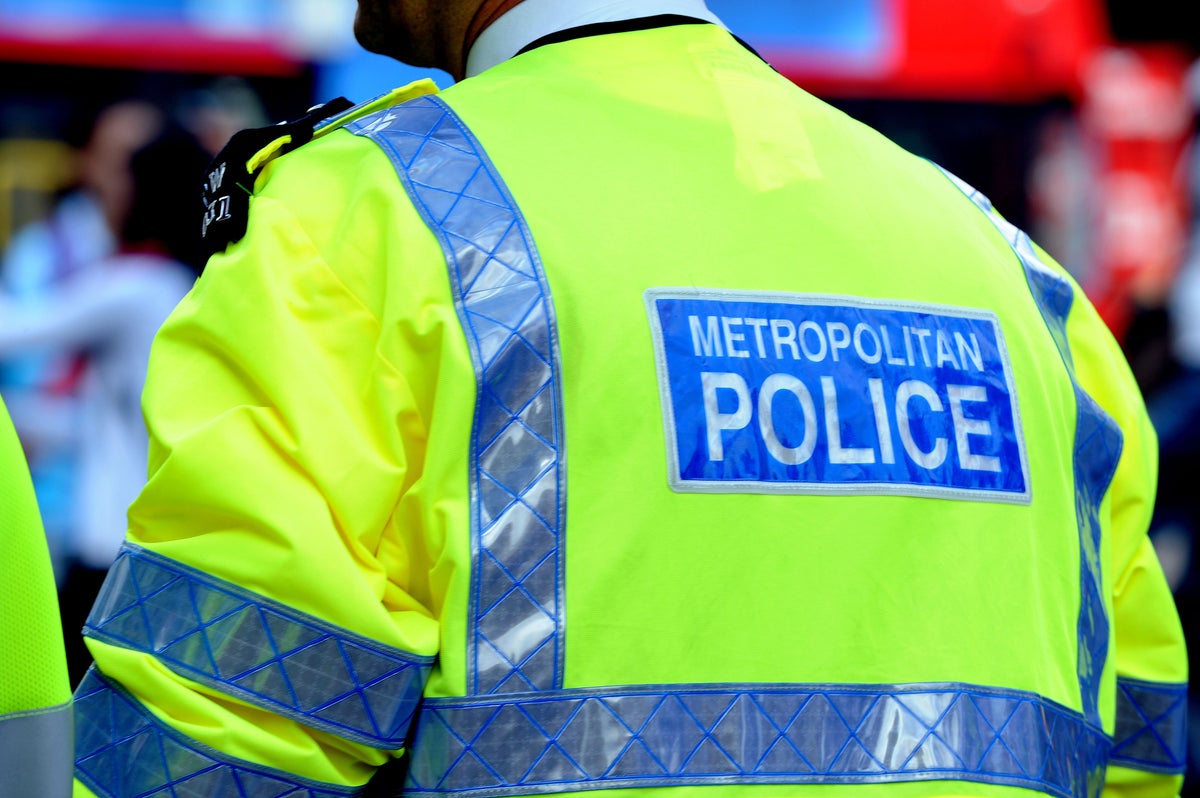
Police are unable to address sexual violence and domestic abuse against women “as long as officers pose a threat to them”, campaigners have warned.
It comes after the Casey Review, released on Monday, revealed hundreds of Metropolitan Police officers should have been fired for serious misconduct and breaching the law.
The report exposed the UK’s biggest police force’s inability to get rid of officers accused of sexual assault, domestic abuse and discrimination, as well as unearthing misogyny and racial disparity within the disciplinary process which sees “systemic bias” against black and Asian officers.
Mandu Reid, leader of the Women’s Equality Party, said Baroness Casey’s report, and the letter she then penned to new Met Commissioner Sir Mark Rowley, “make for sobering reading”.
Ms Reid added: “Her initial findings vindicate the accounts I have heard from many different sources about the breadth and the depth of dysfunction within the Metropolitan Police, which is particularly damning considering that this does not yet include the experiences of the public.
“The lack of confidence officers and staff have that their complaints will be taken seriously, and the failure to address misconduct point to a disturbing culture of lawlessness and impunity that will alarm every Londoner.”
The campaigner argued the findings offered “further irrefutable evidence of structural misogyny and racism” within the Met Police, which said she went a long way to explaining the “failures in our wider justice system”.
She said: “As long as the police remain a threat to women, they cannot begin to tackle the epidemic of violence against us.”
Ms Reid warned sexual misconduct cases against police were taking too long to investigate and were dropped at higher rates, echoing the struggle for justice victims around the UK faced, as she hit out at the “appallingly low charge rates for rape and sexual assault”.
“And we need look no further than the case against [Sarah Everard’s murderer] Wayne Couzens - who was nicknamed ‘the rapist’ by his colleagues and faced allegations of indecent exposure dating back as far as 2015 - to understand the potentially fatal consequences of the Met’s failure to join the dots between repeat allegations against officers.
“Unlike the almost 10,000 misconduct cases which have been dropped since 2013, what this report shows very clearly is that there is a case to answer over institutional misogyny and racism in the Met.”
She argued an independent, statutory inquiry must be carried out to address the issues - something the Women’s Equality Party had spent years demanding.
It comes after a string of criticism of the Met Police for its handling of Ms Everard’s killing in March 2021 by serving Met officer Couzens and other scandals involving officers.
Violence against women and girls has gained increasing attention since the kidnap, rape and murder of Ms Everard with police facing sustained criticism over the failure to properly tackle these issues within their own ranks.
The Casey Review found less than one per cent of officers with multiple allegations against them had been let go by the Met.
Andrea Simon, director of End Violence Against Women Coalition, noted that while police leaders, including Sir Mark, discussed getting to grips with rule-breaking officers, she systemic, cultural issues within policing needed to be tackled to stop the “devastating scale of police-perpetrated abuse”.
She said: “Core processes around vetting, ethics, standards and training are inconsistent and need root and branch reform.
“Officers can too easily avoid serious consequences for misconduct and there must be greater external scrutiny of internal misconduct processes as well as greater accountability to victims and their families.”
Meanwhile, Zainab Gulamali, of Women’s Aid, the UK’s largest domestic abuse charity, said women had notified its staff that their “confidence in police is lower” than it has ever been.







